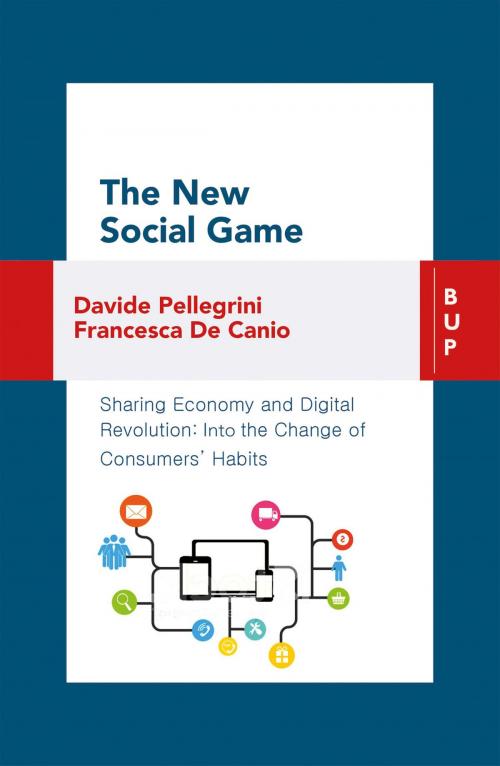The New Social Game
Sharing Economy and Digital Revolution: Into the Change of Consumers' Habit
Business & Finance, Entrepreneurship & Small Business, New Business Enterprises, Economics, Development & Growth| Author: | Francesca De Canio, Davide Pellegrini | ISBN: | 9788885486164 |
| Publisher: | Bocconi University Press | Publication: | December 1, 2017 |
| Imprint: | Bocconi University Press | Language: | English |
| Author: | Francesca De Canio, Davide Pellegrini |
| ISBN: | 9788885486164 |
| Publisher: | Bocconi University Press |
| Publication: | December 1, 2017 |
| Imprint: | Bocconi University Press |
| Language: | English |
The aim of this book is to understand whether the new social game creates wealth for its participants. For this reason, the authors look at the theoretical implications of the increasing overlap between dialogue and sale, market and society, or, more simply, money and gift. By focusing on the convergence taking place between the roles of customer and citizen, the book develops a new theory of convergence and tests it through a dedicated model of a so-called “co-value chain”. This model is applied to a large number of recent case histories, discussing the implications for management. In many cases, companies are mere facilitators of the service, while consumers are channel leaders and drivers of the service production and consumption. Such collaborative consumption is investigated in detail in the empirical section at the end of the book, through an analysis of Blablacar and Airbnb.
The aim of this book is to understand whether the new social game creates wealth for its participants. For this reason, the authors look at the theoretical implications of the increasing overlap between dialogue and sale, market and society, or, more simply, money and gift. By focusing on the convergence taking place between the roles of customer and citizen, the book develops a new theory of convergence and tests it through a dedicated model of a so-called “co-value chain”. This model is applied to a large number of recent case histories, discussing the implications for management. In many cases, companies are mere facilitators of the service, while consumers are channel leaders and drivers of the service production and consumption. Such collaborative consumption is investigated in detail in the empirical section at the end of the book, through an analysis of Blablacar and Airbnb.















